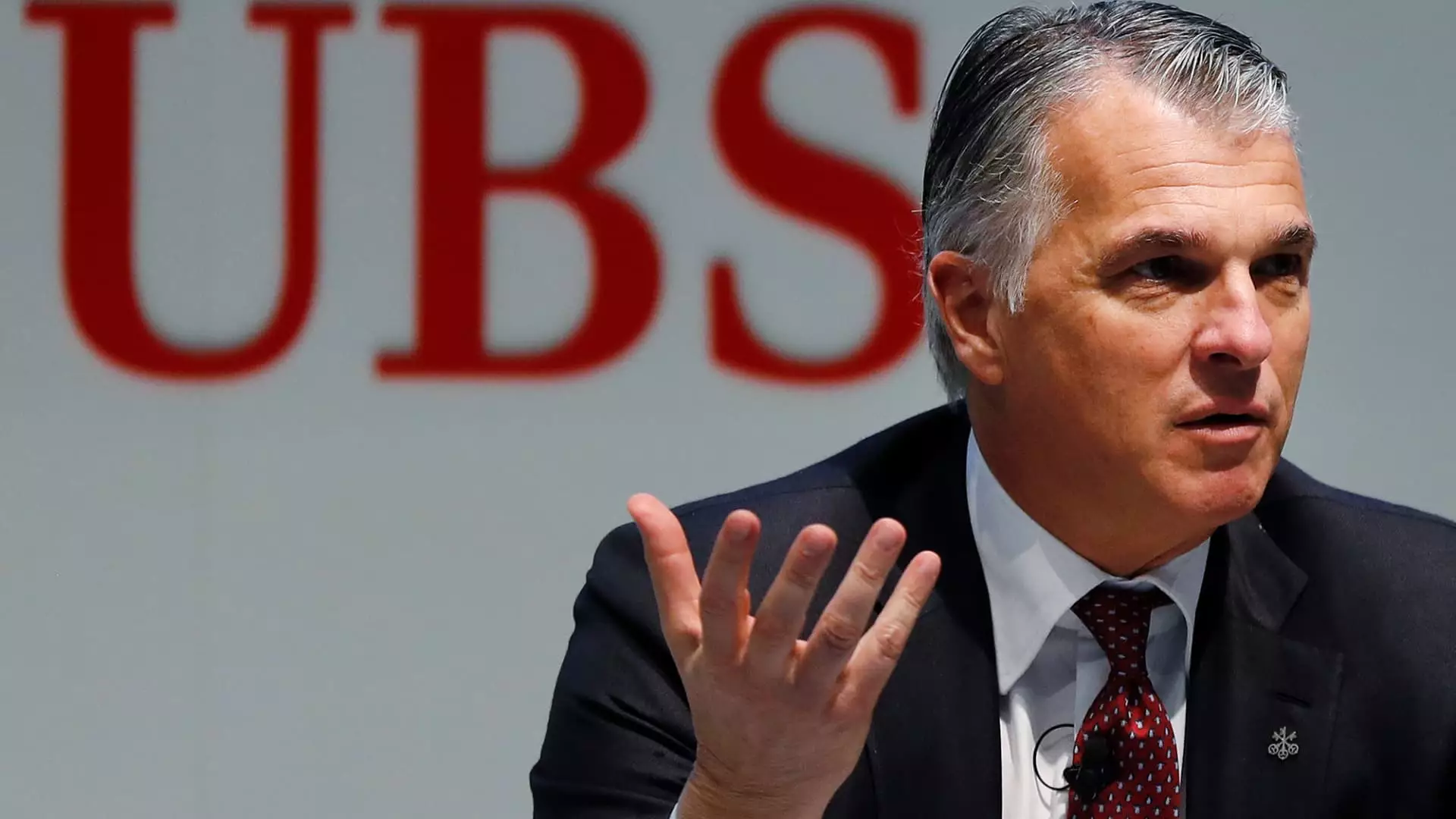UBS CEO Sergio Ermotti’s recent comments on the potential intensification of market volatility in the second half of the year have sparked concerns among investors and analysts. The global equities market experienced significant sell-offs last week following weak economic data from the U.S., leading to fears of an impending economic downturn. Ermotti, however, remains optimistic about the U.S. economy, stating that a recession may not be on the horizon but a slowdown is possible.
Despite the lack of clear macroeconomic indicators pointing towards a recession, the looming possibility of a slowdown poses a challenge for policymakers and investors alike. Ermotti emphasized the Federal Reserve’s capacity to support the economy through rate cuts, but acknowledged that the impact of such measures may take time to materialize. The expectation of a rate cut of at least 50 basis points by the Federal Reserve reflects the cautious sentiment prevailing in the market.
Ermotti highlighted the upcoming U.S. presidential election in November as a key factor contributing to higher market volatility in the second half of the year. In addition to political uncertainty, geopolitical tensions and overall macroeconomic fragility are likely to exacerbate market fluctuations. The recent spike in volatility serves as a reminder of the inherent risks present in the financial system, signaling a period of increased uncertainty.
The proactive stance taken by central banks, including the Federal Reserve, ECB, and BoE, in cutting rates underscores the growing concerns over a potential economic slowdown. The need for more aggressive rate cuts to stimulate economic growth and mitigate risks has become a subject of debate among policymakers and financial experts. The shifting landscape towards a more volatile market regime highlights the challenges faced by central banks in navigating through uncertain times.
The prevailing market volatility and global economic uncertainty pose significant challenges for investors, financial institutions, and policymakers. While the prospect of a recession may not be imminent, the possibility of a slowdown coupled with geopolitical factors warrants a cautious approach. Central banks must carefully consider their monetary policy actions to support economic growth and stability amidst a backdrop of heightened volatility. The road ahead remains uncertain, requiring vigilance and strategic decision-making to navigate through turbulent market conditions.

Leave a Reply